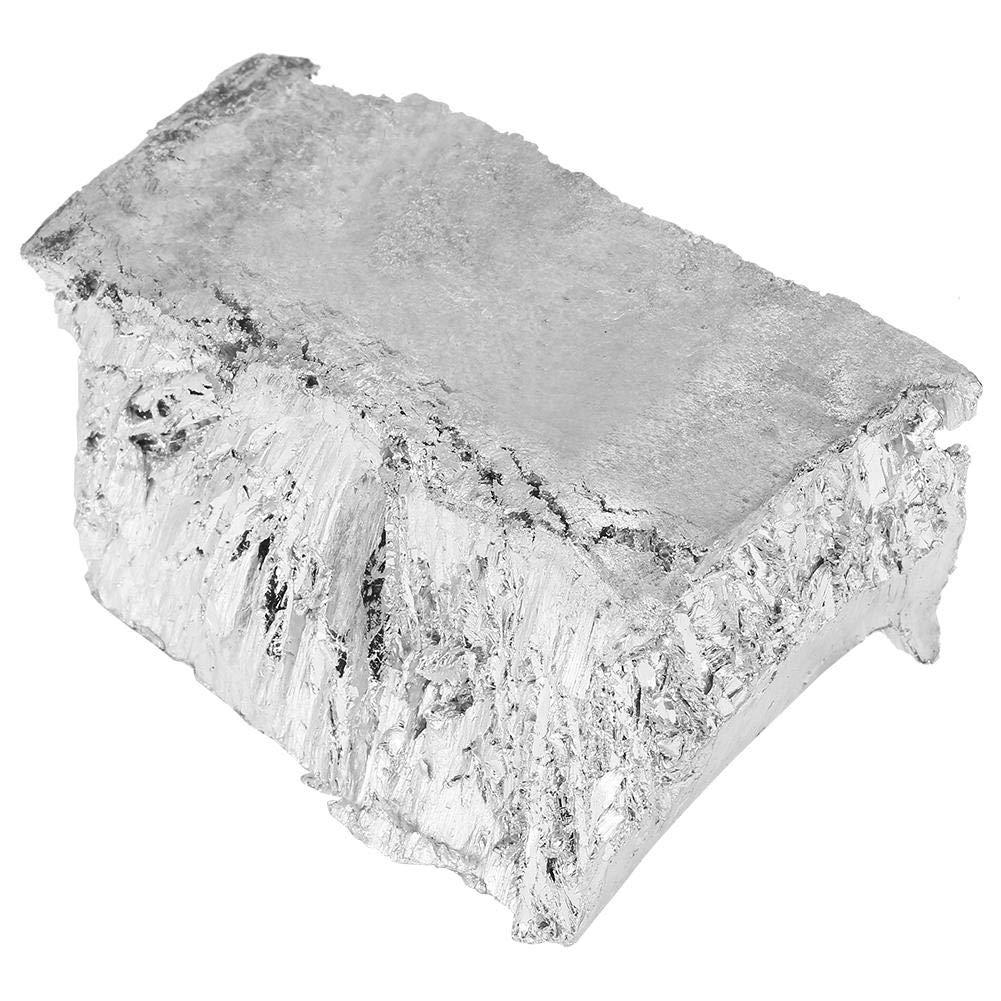Every step we take, every breath we breathe, and every beat of our heart is a testament to the intricate inner workings of our body. Within this intricate marvel lies a silent hero, a mineral that often goes unnoticed, yet plays an indispensable role in our overall health and well-being. Say hello to zinc – a mighty micronutrient that occupies a remarkable place in our bodies. From wound healing to immune function, its impact is nothing short of awe-inspiring. Join us on a voyage through the diverse wonders of zinc as we unravel the secrets it holds and marvel at the incredible ways it supports and sustains the miracle of life within us.
Zinc’s Crucial Role in Wound Healing
When it comes to the body’s healing process, zinc plays a crucial role that often goes unnoticed. This essential mineral is involved in a multitude of bodily functions, from supporting immune function to aiding in wound healing. Zinc’s impact on the body extends beyond just wound healing, making it an important nutrient to include in our diets.
Zinc is a key player in the immune system, helping to activate and regulate immune cells to fight off infections and protect the body from harmful pathogens. It also acts as an antioxidant, helping to reduce oxidative stress and inflammation in the body. This not only helps to support the body’s overall health, but it also aids in the healing process by minimizing inflammation at the wound site.
| Zinc | Benefits |
| Promotes collagen synthesis | Aids in the formation of new tissue |
| Enhances immune system function | Helps fight off infections |
| Reduces inflammation | Supports the body’s healing process |
When it comes to wound healing, zinc plays a vital role in collagen synthesis, which is the process of creating new tissue. Collagen is a protein that helps to provide structure and support to our skin and other connective tissues. By promoting collagen synthesis, zinc helps to speed up the healing process and minimize scarring.
Zinc’s impact on the body goes far beyond just wound healing. It is essential for maintaining a healthy immune system and aiding in overall bodily functions. Making sure to include zinc-rich foods in our diets, such as oysters, beef, and pumpkin seeds, can help support our body’s healing abilities and ensure optimal immune function.

Boosting Immune Function with Zinc
Zinc’s Impact on the Body: From Wound Healing to Immune Function
Zinc, an essential mineral for the body, plays a crucial role in promoting overall well-being. Beyond just wound healing, which is one of its well-known benefits, zinc also has a significant impact on immune function. The immune system acts as a shield, protecting our bodies from harmful pathogens and infections, and zinc acts as a key player in strengthening this defense mechanism.
- Zinc enhances the production of immune cells such as lymphocytes and macrophages, which are essential for fighting off invading microorganisms.
- It supports the functioning of natural killer cells, which have the ability to seek and destroy infected cells.
- Zinc assists in the production of antibodies that recognize and neutralize specific pathogens, promoting long-term immune protection.
- It also plays a role in the regulation of inflammation, helping to prevent excessive immune response and tissue damage.
Ensuring an adequate intake of zinc can have a positive impact on immune function and help fortify defenses against infections and diseases. While zinc can be found in various food sources such as oysters, beef, and legumes, supplementation may be necessary for those with specific dietary restrictions or compromised immune systems.
| Food Source | Zinc Content (per 100g) |
|---|---|
| Oysters | 78.6mg |
| Beef | 8.2mg |
| Legumes | 3.2mg |
These values are approximations and may vary depending on the specific food source and preparation method.

Unlocking the Potential of Zinc for Overall Health and Wellness
Zinc is an essential mineral that plays a crucial role in maintaining overall health and wellness. From promoting wound healing to enhancing immune function, this powerful nutrient has a wide range of impacts on the body. One of the key roles of zinc is its ability to support the immune system, acting as a catalyst for numerous enzymatic reactions that contribute to the body’s defense against harmful pathogens.
Furthermore, zinc’s role in wound healing is equally remarkable. This mineral aids in the production of collagen, a protein that helps rebuild and repair damaged tissues. By stimulating cell growth and proliferation, zinc accelerates the healing process, helping wounds close faster and preventing infections.
- Zinc regulates gene expression, which is vital for proper growth and development.
- It supports neurological function, contributing to optimal brain health.
- Zinc assists in maintaining healthy skin, hair, and nails through its antioxidant properties.
In addition, zinc plays a crucial role in maintaining a healthy sense of taste and smell, making it an essential nutrient for sensory perception. This mineral also aids in the metabolism of carbohydrates, proteins, and fats, allowing the body to efficiently utilize these macronutrients for energy production.
| Health Benefit | Zinc-Rich Foods |
|---|---|
| Boosts immune system | Spinach, pumpkin seeds, oysters |
| Promotes wound healing | Lean meats, shellfish, lentils |
| Skin health | Almonds, dark chocolate, chickpeas |
Overall, zinc’s impact on the body is far-reaching, affecting various aspects of our health and well-being. Including zinc-rich foods in your diet, such as spinach, pumpkin seeds, oysters, lean meats, and almonds, can help unlock the full potential of this essential mineral, ensuring optimal health and wellness.

Exploring the Best Dietary Sources of Zinc
Zinc’s Impact on the Body: From Wound Healing to Immune Function
Zinc is an essential mineral that plays a vital role in our overall well-being. While it may not grab headlines like other nutrients, its impact on the body should not be underestimated. From promoting wound healing to supporting immune function, the importance of zinc cannot be overstated. So, let’s dive into the best dietary sources of this powerful mineral, ensuring that we meet our daily zinc requirements.
1. Red Meat: Beef and lamb are excellent sources of zinc, as the mineral is highly concentrated in their tissues. By including lean cuts of red meat in your diet, you can easily meet your daily zinc needs. Additionally, these meats are rich in protein, iron, and vitamin B12, making them a nutritious choice.
2. Seafood: If you’re a seafood lover, you’re in luck! Oysters are considered the top-notch zinc provider, boasting an impressive amount of the mineral. Other seafood options like crab, lobster, and shrimp also offer a good dose of zinc, ensuring a tasty and nutritious addition to your plate.
| Food | Zinc Content (per 100g) |
|---|---|
| Oysters | 78.6mg |
| Beef | 8.1mg |
| Lobster | 3.4mg |
3. Pumpkin Seeds: Don’t underestimate the power of these tiny treasures. Pumpkin seeds are not only incredibly delicious but also a fantastic plant-based source of zinc. Just a handful of these seeds can provide a substantial amount of this essential nutrient, making them an ideal choice for vegetarians and vegans alike.
4. Legumes: Beans, lentils, and chickpeas are not only great sources of protein and fiber but are also rich in zinc. By incorporating these versatile legumes into your meals, you can enhance your zinc intake while reaping the numerous health benefits they offer.
Remember, maintaining adequate zinc levels is crucial for various bodily functions. By including these dietary sources in your everyday eating habits, you can support your body’s healing processes and boost your immune system, ultimately leading to better overall health.
To Conclude
As we peel back the layers of zinc’s impact on the body, we can’t help but marvel at its wondrous capabilities. From mending wounds with ceaseless determination to fortifying the fortress of our immune system, zinc emerges as a silent hero, weaving its intricate web of influence within us. With every passing moment, as our bodies undergo the frenetic dance of life, zinc stands as a faithful companion, orchestrating a symphony of biological marvels.
Witnessing the journey of zinc is like witnessing a grand tapestry unfold before our very eyes. It navigates its way through the bloodstream, tirelessly seeking out areas of turmoil, ready to lend a helping hand. It is within these moments of duress that zinc swoops in, commanding the attention of our cells, urging them to spring into action. Just as a conductor directs his orchestra, zinc orchestrates the process of wound healing, blending cellular forces harmoniously, and reuniting the body’s fragile edges.
Yet, the reach of zinc extends far beyond its theatre of wound healing. It roams through the vast landscapes of our immune system, vigilantly guarding the gates of our health. Like a valiant knight, it fuels the production of antibodies, equips immune cells with their arsenal, and shields us against the invading forces of illness. Through its unwavering dedication, it whispers encouragement to our immune warriors, reminding them of their duty to protect and defend.
But let us not forget that zinc’s influence extends beyond the realms of healing and immunology, delving into the intricate tapestry of our existence. It plays an essential role in countless bodily functions, from supporting the creation of DNA to regulating our senses of taste and smell. Our intricate bodies embrace zinc as an elemental ambassador of life, weaving it into the fabric of our very being.
In awe, we bid farewell to this exploration of zinc’s impact on the body, fully aware that our journey has only scratched the surface of its contributions. As we navigate the maze of existence, let us carry with us the knowledge that zinc remains a steadfast ally, quietly influencing the symphony of our health, orchestrating miracles within us, one cell at a time.


